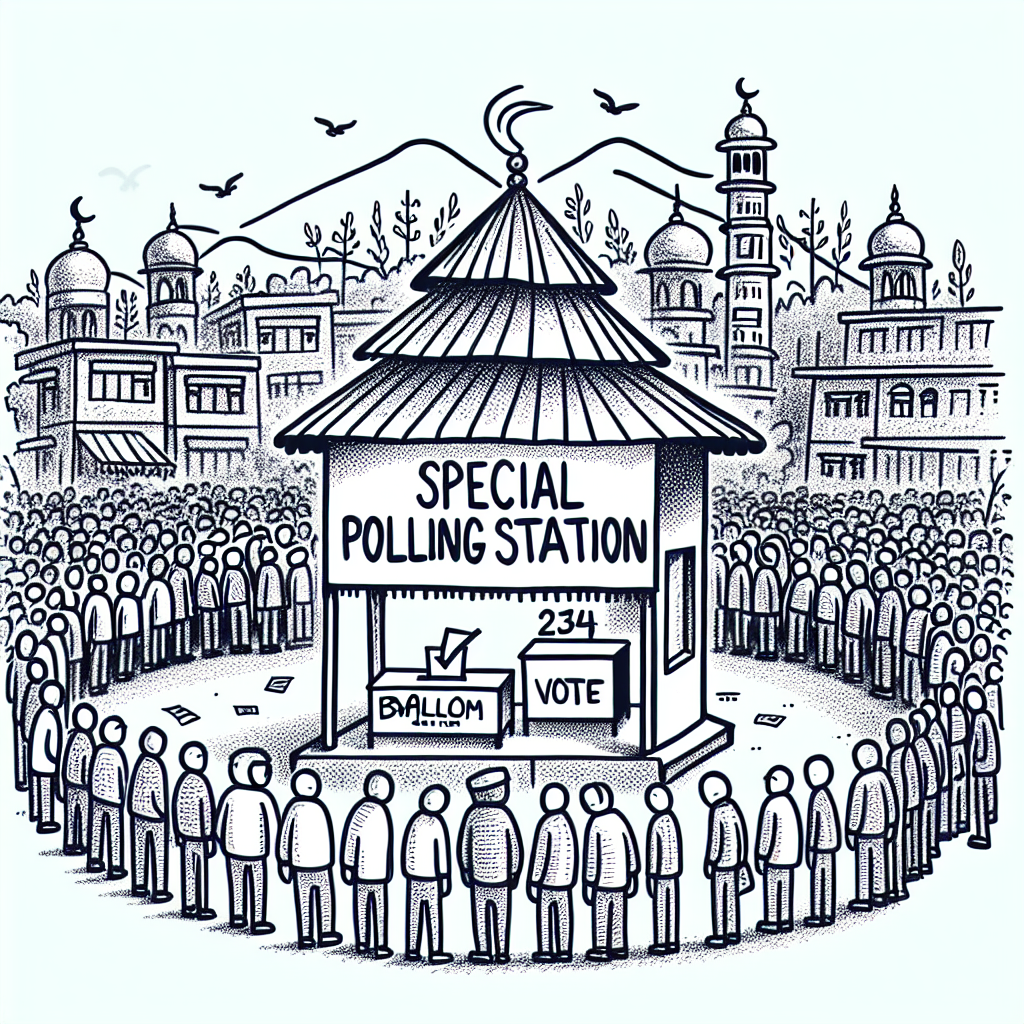Germany Calls Early Election Amidst Coalition Collapse
The German parliament, at Chancellor Olaf Scholz's behest, withdrew its confidence in him, prompting an early election on February 23 due to a collapsed government. Scholz's coalition lost its majority after the Free Democrats quit. The election campaigns have begun amidst economic challenges.

The German parliament has set the stage for an early election, agreeing to Chancellor Olaf Scholz's request to remove its confidence in him and his government. This decision follows last month's collapse of Scholz's coalition due to the Free Democrats' withdrawal in a financial dispute.
This political turmoil arises as Germany contends with a looming economic crisis. Under President Frank-Walter Steinmeier's guidance, a special election can only materialize if a chancellor calls and loses a confidence vote, a scenario engineered to prevent political instability reminiscent of the 1930s.
The upcoming election fuels fervent campaigning among party leaders. Chancellor Scholz and conservative contender Friedrich Merz exchanged criticisms over leadership and fiscal strategies. Scholz, who remains as caretaker, emphasized investment in infrastructure, contradicting conservative calls for spending restraint. Polls indicate the conservatives hold a significant lead.
(With inputs from agencies.)
ALSO READ
Ireland's Election Dilemma: Centre-Right Coalition Partner Search Begins
Romania's Electoral Turn: A Dance of Coalitions and Court Rulings
Romania's Election Drama: Nationalists on the Rise Amid Coalition Calculations
Ireland's Political Crossroads: Coalition Talks Intensify Post-Election
Political Chess in Ireland: A Coalition Balancing Act










